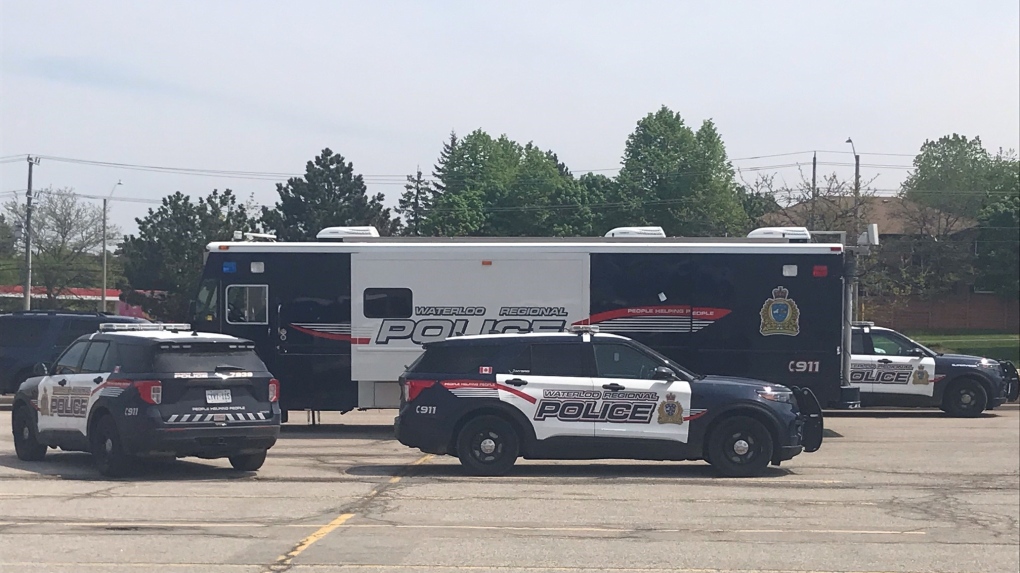Waterloo Regional Police used new technology tools this week as part of the search for a missing elderly man.
The 84-year-old man was reported missing in Kitchener on May 14 around 9 p.m.
Police said officers searched the Bankside Drive area overnight but were unable to find the man.
“Our mission in every search is to find the missing person in the best possible conditions and in the least amount of time,” Sergeant Robinson said. Jarrett Brown. “If the person fits a certain profile and we cannot find them, we will begin a comprehensive ground search as they may be injured or seriously injured or die from exposure.”
By Wednesday morning, there was already a heavy police presence in the parking lot of the Real Canadian Superstore on Highland Road.
“If we determine that there is imminent danger, we will initiate a comprehensive ground search, which will result in a search manager managing the search,” Brown added. “Officers with special search and rescue training, a K-9 team, and remotely piloted vehicle members of the support team will respond.”
The missing man was eventually located around 6:30 p.m. and first aid was administered.
Police said that even with a large police presence, the public's cooperation is essential.
“We can't do this alone. We rely on community members to make phone calls, report anything that looks suspicious or report sightings. ” said Mr. Brown. “Ultimately, I believe it's the members of the community who are responsible for saving this person's life.”
This was the first missing person search in which WRPS tried out the new tool. It's an app called “Alert Waterloo Regional” that is used to alert residents to emergencies.
Police announced that they will use this app in the future to search for other missing persons.
“If you receive that alert, it means someone is missing in your area and you should look around your property, check your video cameras and find any information that may be related to the missing person. You can always keep an eye out for anything.”
How can we help?
When locating missing or vulnerable people, experts recommend the use of traceable technology.
Laura Middleton, an associate professor at the Schlegel Institute on Aging at the University of Waterloo, said: “If it were me or a family member who developed dementia, I would definitely recommend something as simple as the Apple Watch.” he said.
Looking at the bigger picture, she feels the community needs to better understand conditions such as Alzheimer's and dementia.
“Our best-case scenario is that people with dementia feel free from stigma and feel comfortable disclosing their diagnosis, and that the community not only knows about dementia, but also knows about it and how to support people. We understand that and feel comfortable engaging with them,” Middleton said. He explained.
She added that something as simple as recognizing the signs of confusion could help prevent such situations.
“Even if you know, [person’s] Names are useful in the initial connection so that the other person can recognize you as someone they might know without feeling intimidated. ”
Middleton said don't be afraid to approach someone who appears disoriented and ask for help if you can't offer it.



